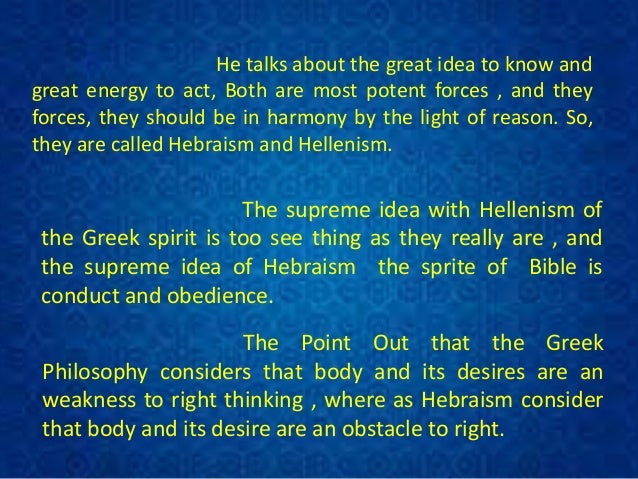

Victorian education was undergoing a myriad of changes reflecting those in society during the time Arnold worked as an inspector. It will help to first say a little about the historical context. A particular point of interest for us will be his sustained defence of the humanities. Further given his influence on curriculum it will be informative to ask what we can learn from pursuing his thought in more detail. The goal of this entry is to be clearer on Arnold’s views beyond this famous soundbite and to see whether they confirm to our stereotype of him. As we will see he has a nuanced view on the purpose of education. It also runs the risk of misrepresenting him as primarily interested in preserving tradition through education. In truth taken out of context like this Arnold’s famous phrase is too vague to be informative. As a result the quote has become a criteria for curriculum choices but has also seen Arnold labelled a cultural elitist. Many have interpreted this as an early endorsement of the western canon. His influence on educators is encapsulated by a famous passage in Culture and Anarchy where he calls on us to pursue knowledge of “the best which has been thought and said”. Matthew Arnold (1822-1888) was a poet, a literary critic and for thirty-five years an inspector of schools.


 0 kommentar(er)
0 kommentar(er)
